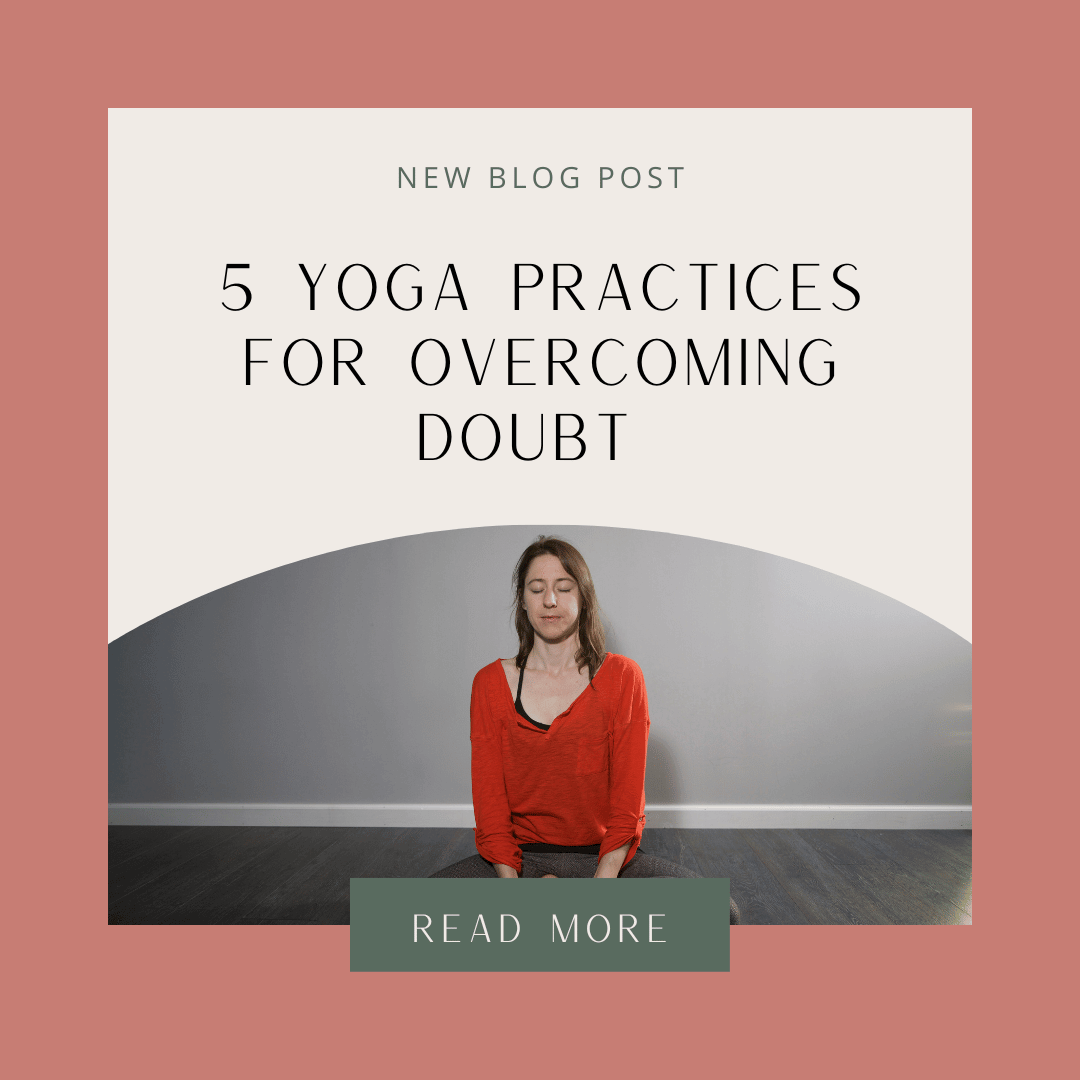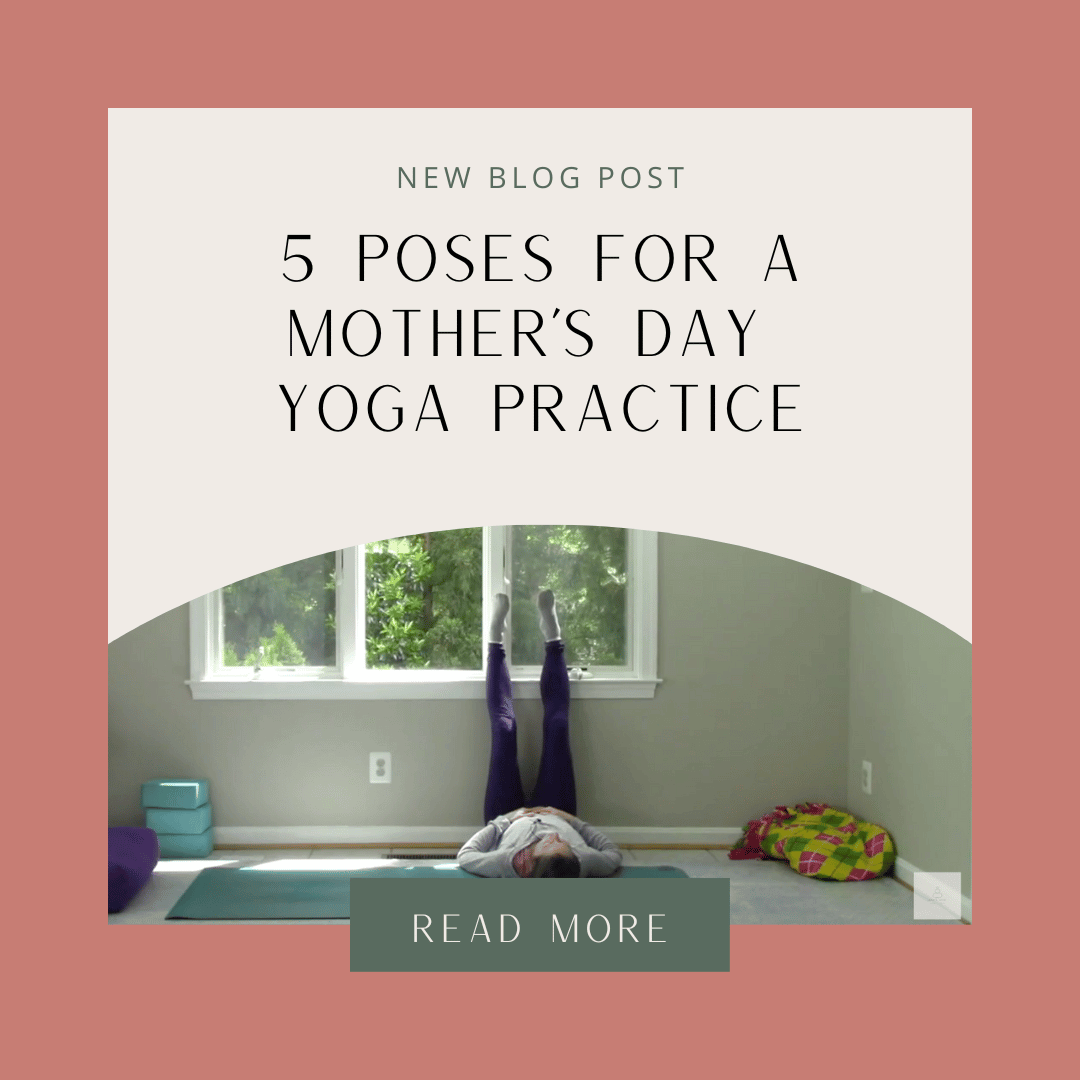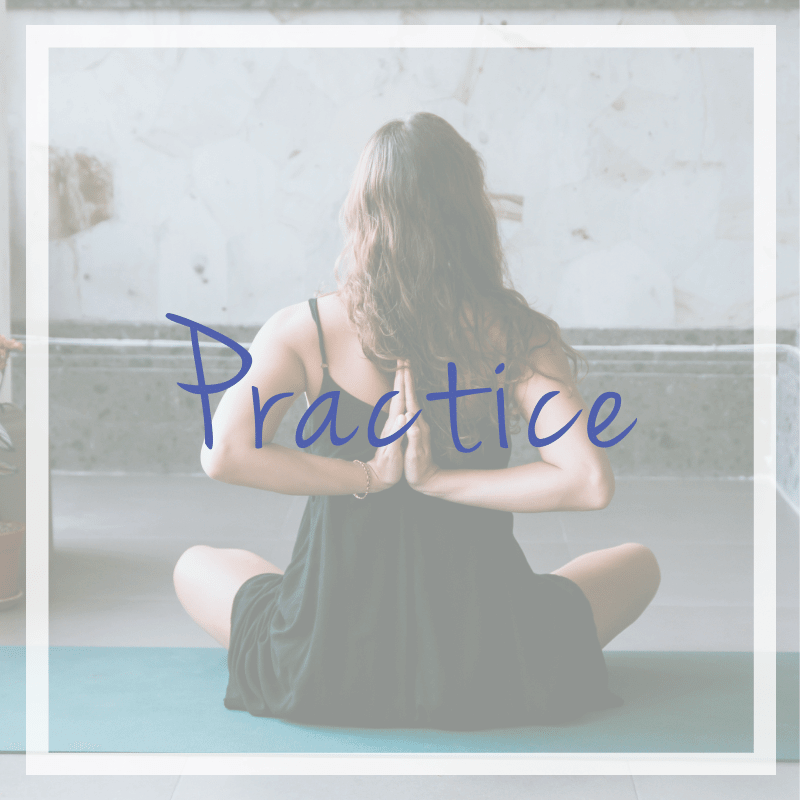Contentment is a cornerstone quality for yogis but it’s not as popular as contentment’s sister quality happiness.
There are countless books, philosophies, and practices for acquiring happiness in the world. Happiness is all most parents want for their children. Most of us make major life decisions in the name of happiness–we change careers, locations, life partners, etc. We can spend our entire lifetime trying to find happiness.
But yoga philosophy doesn’t spend much time on the concept of happiness. Yogis prefer exploring bliss and joy, which are markedly different experiences then the pursuit of happiness. Instead of happiness, yogis have contentment. Santosha, or contentment, is one of the Niyamas in Patanjali’s 8-limbed path. Contentment is about being okay with what you have. It’s about not complaining. It’s about not wanting what you don’t have.
Contentment, on its surface, seems boring and dull. What’s the fun in not wanting something more? Where does the motivation for growth come from? How do we set goals and achieve them if we’re not looking out into the future at what is possible?
Contentment is not about being lazy. Practicing this principle in your life doesn’t mean you can’t be ambitious or driven. In fact, this principle empowers you to achieve great things by reminding you that you don’t need to wait to be great. You can be great right now with what you have. Contentment is about being present, acknowledging what you do have in the moment, and understanding that it is enough. You are enough.
Contentment in my own life
Those of you who know me well know how often I’ve moved over the last decade. Up until I was 18 I had moved once in my life when I was 3. It was to the next town over. Since age 18 I’ve moved 12 times in 14 years and wound my way across the country. You would think by now I’ve gotten used to it but moving still challenges me. It causes stress and anxiety and yes, even, frustration, irritation, and anger. It’s easy for me to get caught up in self-pity, wondering what my career and life would have looked like if I would have just stayed put and not expended so much of my energy figuring out how to live my life in vastly different communities all these years. But dwelling on the what-ifs never gets me anywhere.
In the moments when I’ve been able to express gratitude for the little things, I’ve received the most energy back. When I embraced the love and community in Wichita Fall, TX even though I wanted to resist it, I flourished. When I embraced the beautiful mountain home we lived in in Tucson, AZ, I stopped worrying about hustling all over town. When I was able to see the opportunities living in a community like Washington, D.C. offered me, I prospered. And when I accepted my living situation in Columbus, OH, rather than fighting against it, I was able to find ways to be the person I wanted to be despite not living where or how I wanted.
The beauty of cultivating contentment in your own life is that it allows you to open to the possibilities right in front of you. Embracing what is right in front of you and utilizing the skills you already have puts you on the fast path toward success (though, of course, you’ll still have to work for it).
The Yoga Sutra
Sutra 2.42: “When you live with an attitude of contentment, you will gain incomparable happiness.”
For more insight on the quality of contentment, consider the Sanskrit word sukha that appears in Yoga Sutra 2.42.
Sanskrit is admittedly a very hard language to translate into English as one Sanskrit word often has many English translations. Sukha is commonly translated as “easy.” You may have heard of Sukhasana or Easy Pose, which is a simple cross-legged seated position.
Sukha can also mean:
- having a good axle-hole
- running swiftly or easily (as it applies to chariots)
- pleasant
- agreeable
- gentle
- comfortable
- prosperous
- virtuous
Contentment is about finding ease. When you are worried about not having enough or not being enough, it’s hard to feel at ease. But when you are content with where you are and what you have, then its easier to experience ease in your body, in your thoughts, and in your spirit.
How to apply contentment in yoga practice and teaching
Embracing contentment means you must be resourceful and creative. You may not always have everything you feel you need, but if you act based on what you do have and trust that you are enough you will be okay. If you release your expectations about what you SHOULD have or receive in return for your work, then, the Sutras say, you will get everything you want.
Embedded in contentment lies deep trust and confidence in the way of the world. Admittedly this can be hard to muster. Practicing gratitude can remind you of the power of the simple things in life. Scientific research has proven that practicing gratitude can reduce the symptoms of illness, make you more optimistic and happier, help you create stronger relationships, and increase your generosity toward others.
To start practicing more gratitude in your life, take a moment to think about something you are grateful for. Start a gratitude journal. Take time each day to notice and appreciate the simple things. Write a thank you note to someone just because. The next time you catch yourself complaining, reverse course and instead express appreciation for what you do have and how that makes your life easier. These simple daily interventions will put you on the path toward contentment and a happier life in no time!
It’s easy to add gratitude to a yoga class. Prompt your students to create intentions of gratitude at the beginning of class. Ask your students to ask themselves “what am I grateful for?” before class ends so that they can leave the class with gratitude in their hearts. Sequence classes that speak to simplicity and contentment with the ability you have in this moment, even if that means you are far from perfect. And, as a teacher, be grateful for the opportunities you have to show up and teach, even if your classes aren’t packed or you’re not where you want to be in your yoga teaching career. Rest in presence, be grateful for what you do have, and trust that the universe will take care of you.
Put contentment into practice
Expressing gratitude is one of the simplest ways to practice contentment in your daily life. Listen in to this short gratitude meditation to help you connect with the energy of contentment in your own body, mind, and soul.
If you want to learn more about how I think about contentment and its application in our daily lives, listen in to this short talk I gave about contentment in one of my old yoga programs.





